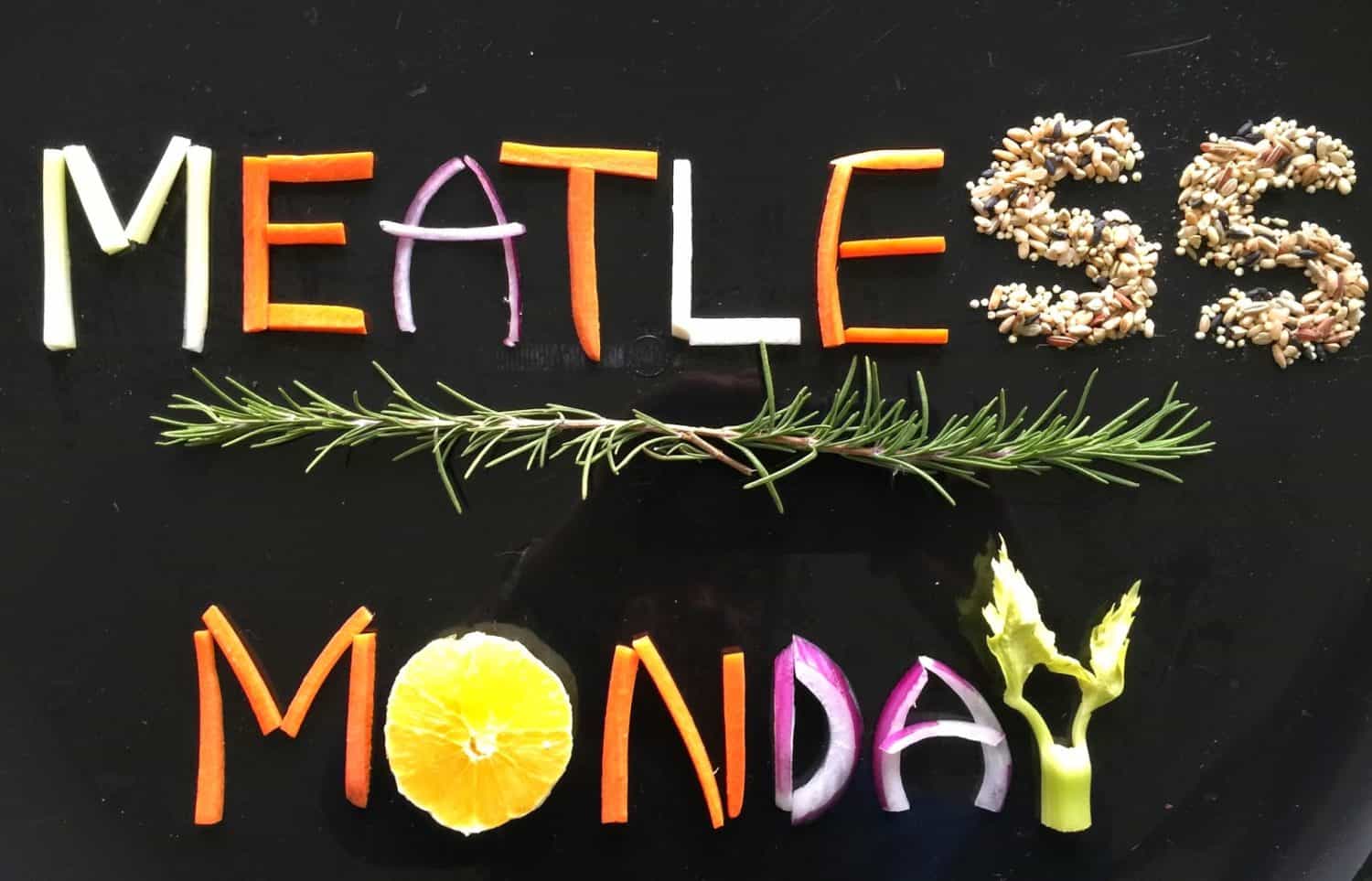How Big is your footprint?
Everyone has a carbon footprint that impacts the health of our planet. I’ll admit at the start of my research it was extremely difficult for me to wrap my head around how much our consumption of meat alone effected our environment. We have the power to cut the waste produced into our environment from the foods we consume; composting food, recycling, using energy-efficient electronics and even something as simple as hanging your clothes out too dry. I’ve learned a lot from my research and made the personal decision to do everything within my ability to help protect the future of our planet; and future generations.
I wanted to join a powerful movement, part of something bigger regardless of where my zip code is. Ahhh, Meatless Monday, the title is self-explanatory and has the power to impact the environment in the most positive way. Not a lot of thought has to go into it. Maybe replace your regular sausage and egg breakfast sandwich with a stack of pancakes with your favorite fruit topping for breakfast or a simple peanut butter and jelly sandwich for lunch.
Here’s a 1 minute video explaining our ecological footprint.[vc_video link=”https://youtu.be/fACkb2u1ULY”][vc_column_text]For the Environment:
Minimize Water Usage—The water needs of livestock are much greater than those of vegetables and grains.
– Approximately 1,850 gallons of water are needed to produce a single pound of beef. – Approximately 39 gallons of water are needed to produce a pound of vegetables.
Americans consume nearly four times the amount of animal protein than the global average. When compared with current food intake in the US, a vegetarian diet could reduce water consumption by up to 58% per person.
Reduce Greenhouse Gases —Studies show that meat production produces significantly more greenhouse gases than vegetables, including carbon dioxide, Methane and Nitrous Oxide – the three main contributing sources of greenhouse gas. Beef was found to produce a total of 30 kg of greenhouse gas (GHG) per kg of food, while carrots, potatoes and rice produce .42, .45 and 1.3 kg GHG per kg of food, respectively.
Reduce Fuel Dependence—About 25 kilocalories of fossil fuel energy is used to produce 1 kilocalorie of all meat based protein, as compared with 2.2 kilocalories of fossil fuel input per 1 kilocalorie of grain based protein produced. The meat industry uses so much energy to produce grain for livestock that if instead we used the grain to feed people following a vegetarian diet, it would be enough to feed about 840 million people.
